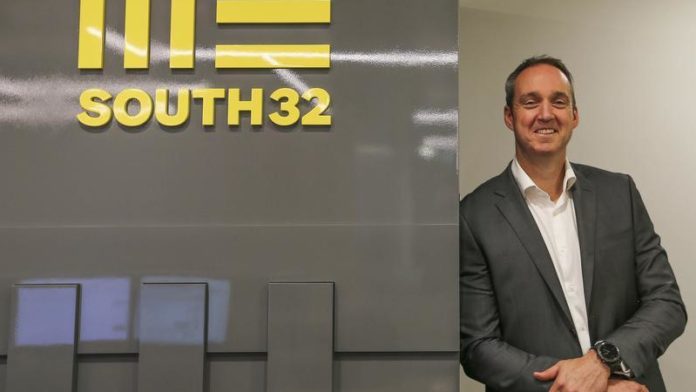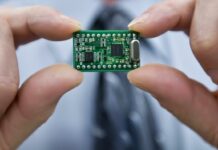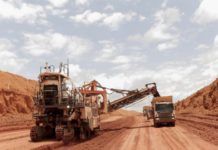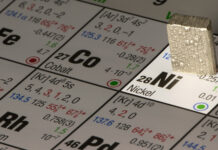
SOUTH32, one of the lesser lights of the JSE’s diversified mining sector that has BHP, Anglo American and Glencore in its numbers, looks set to close out 2021 a transformed company.
In the last 18 months, it has disposed of its South African thermal coal mines (to local firm, Seriti Resources) and increased its stake in its Mozambique aluminium business Mozal to 63.7% after exercising pre-emptive rights at a cost of $250m, to be funded from cash.
These are meaningful developments, but South32 CEO Graham Kerr has most strikingly changed the look of the company with last month’s acquisition of a 45% stake in Sierra Gorda, an operating copper mine in Chile.
The deal not only dilutes the group’s exposure to South Africa – seen as a positive among analysts – but adding copper production also improves South32’s ESG exposure as the metal is crucial in the manufacture of electric vehicle batteries and therefore an agent of global decarbonisation.
“We also felt South32 was looking for an acquisition and therefore it removes some merger and acquisition risk,” JP Morgan Cazenove analysts noted in recent research.
The most critical aspect of all for South32 shareholders is what the deal does for the bottom line. According to JP Morgan Cazenove, the stake in Sierra Gorda lifts South32’s earnings before interest, tax, depreciation and amortisation margin to 36% pro-forma versus the company’s reported 32% EBITDA margin.
South32 was created in 2015 through the demerger of Australian company BHP’s non-core assets that included manganese and aluminium in South Africa, along with the thermal coal mines. The group also mines metallurgical coal in Australia as well as nickel in Colombia.
Until the conclusion of Sierra Gorda, however, nickel and zinc comprised its base metal production to which it hopes to add future output from exploration assets in the US and Canada. While the exploration portfolio promises future riches, there’s still a whiff of the off-cut about South32, the BHP orphan.
Now, however, copper brings a new dimension to the group’s investment offering. Take, for instance, the impact on overall earnings. Copper would have been the joint largest contributor to EBITDA assuming performance in South32’s 2021 financial year, along with aluminium and followed by alumina, aluminium’s ore input. And the signs are that copper will become an increasingly important earnings driver for South32.
UBS recently adjusted its price expectations for copper over “the coming quarters” to $12,000 per ton based on the “worrisome” signal that China inventories of the metal were around 64 days compared to a five year average of 70 days. It doesn’t take much of a supply interruption to reduce inventories to zero, hence there’s currently a strong likelihood the market will incentivise a price hike.
The Sierra Gorda acquisition also sees South32 break form with its traditional conservatism. The company has kept a net cash balance sheet and has opted to buy-back shares strategically rather plough all its spare cash into dividends, although it did pay a special dividend at the conclusion of its 2021 financial year on June 30.
Post the Sierra Gorda deal, South32 takes on net debt to about $1.7bn from an end-September net cash position of $660m. This accounts for the initial acquisition cost of $1.55bn upfront and $150m net debt plus up to $500m of contingent payments, as well as certain capital management commitments South32 has to bear.
In return, the company gains 200,000 tons a year of copper equivalent production (on a 100% basis). And although the mine is relatively low grade, it is a better investment than building a new one, which it is attempting to do if its exploration portfolio gathers pace, says JP Morgan Cazenove. According to it, Sierra Gorda has a net present value of just over $2bn, hence it believes at the acquisition price, South32 has done a value accretive deal in an overheated commodities market.










